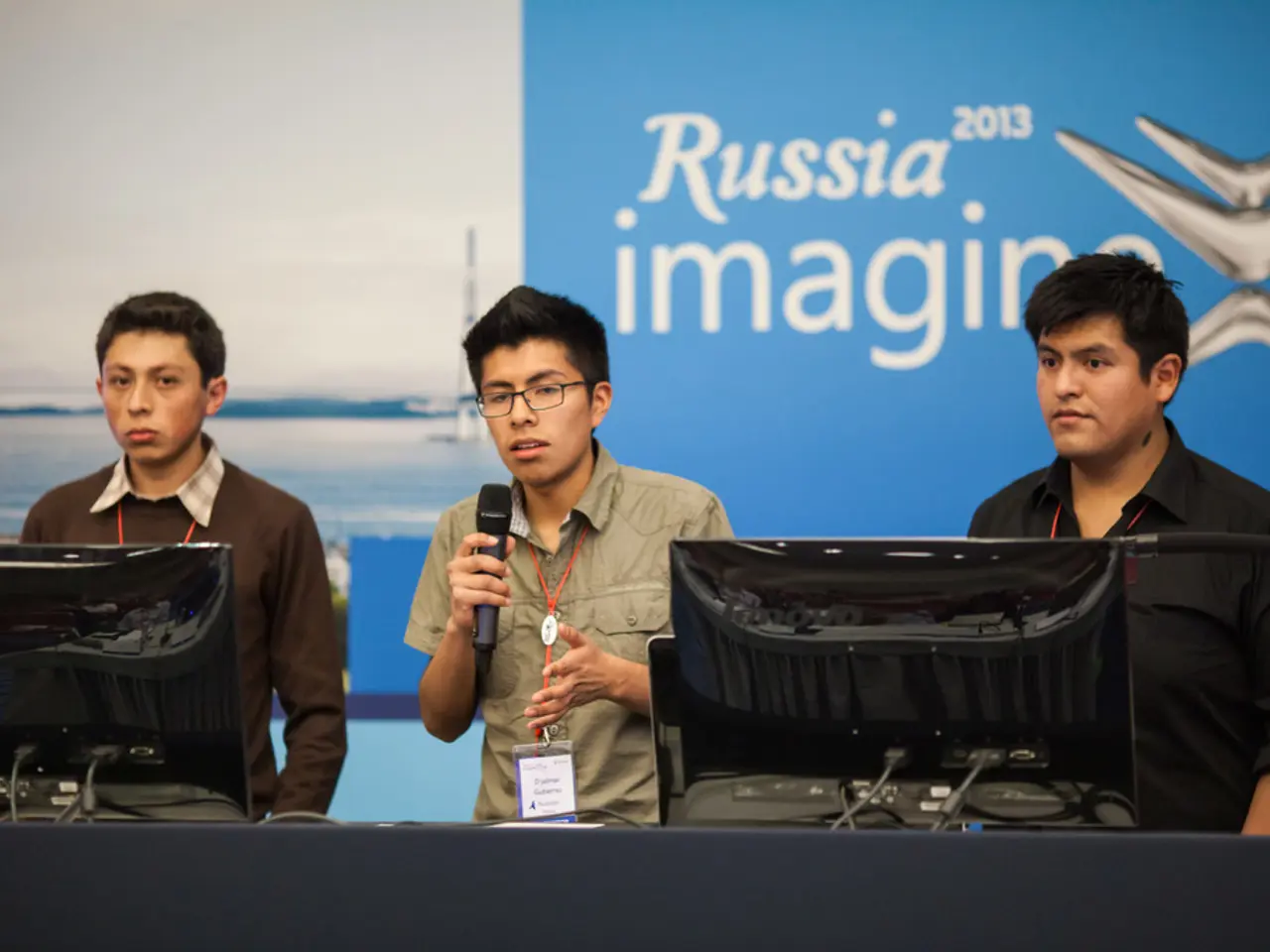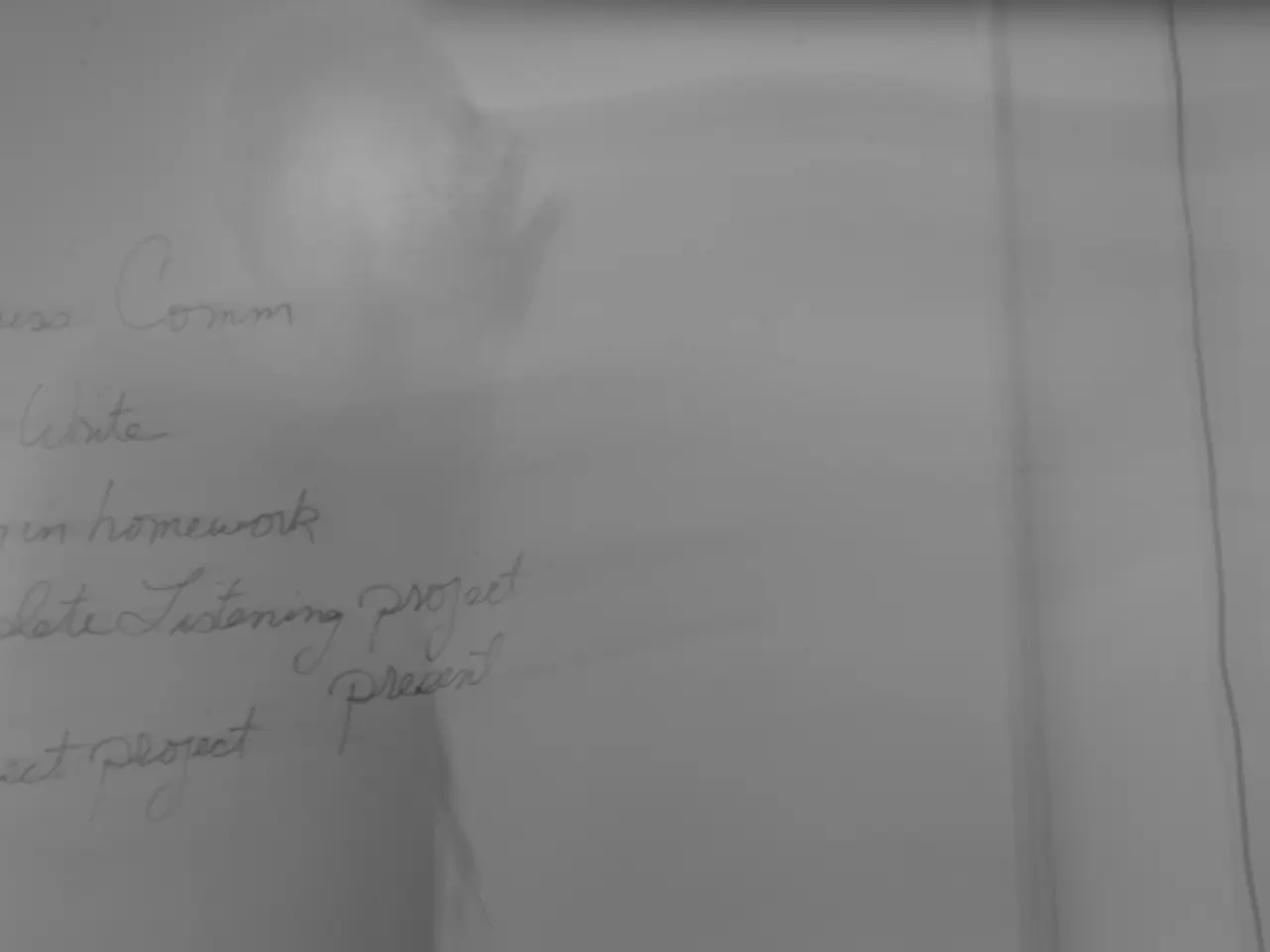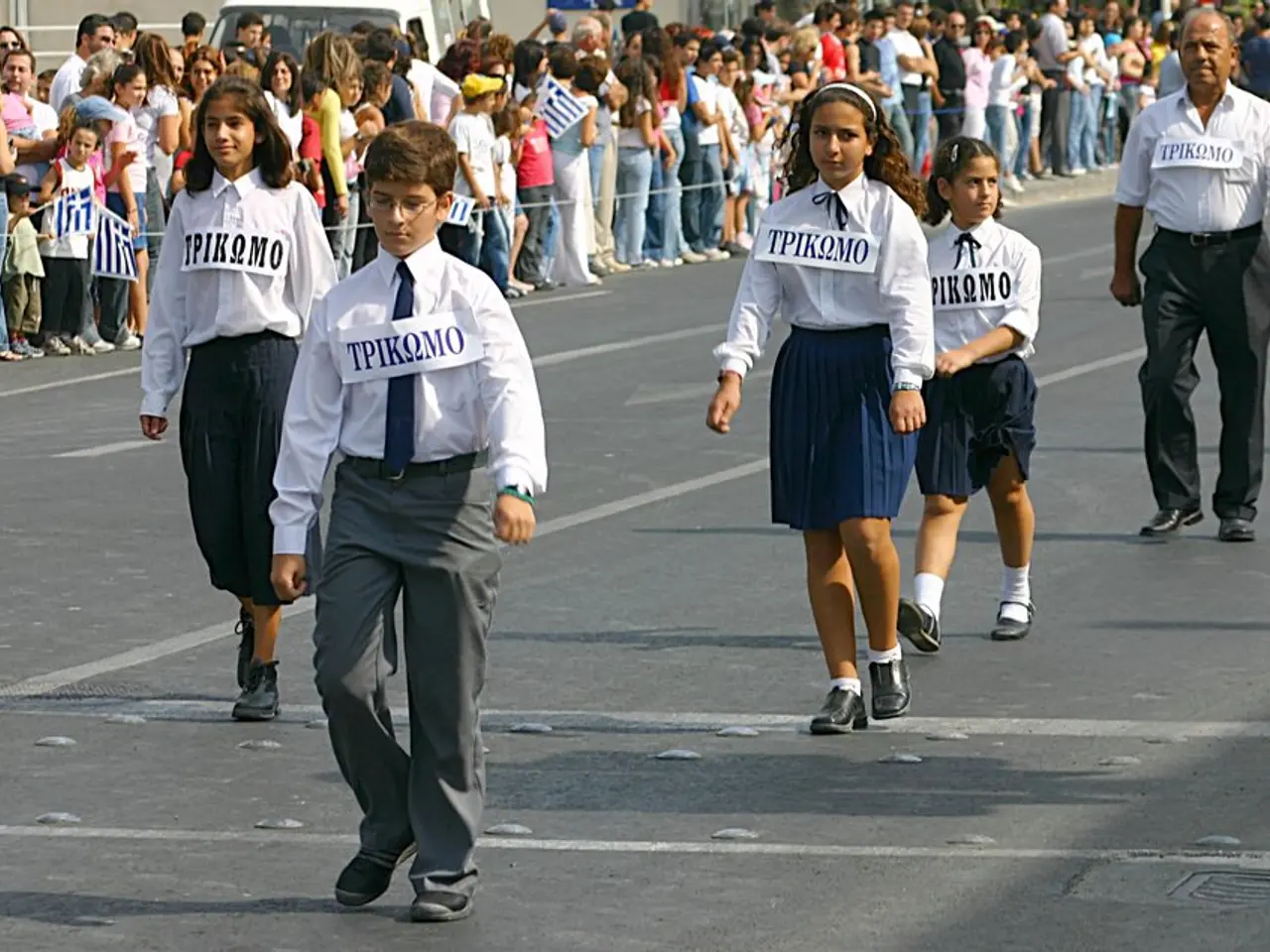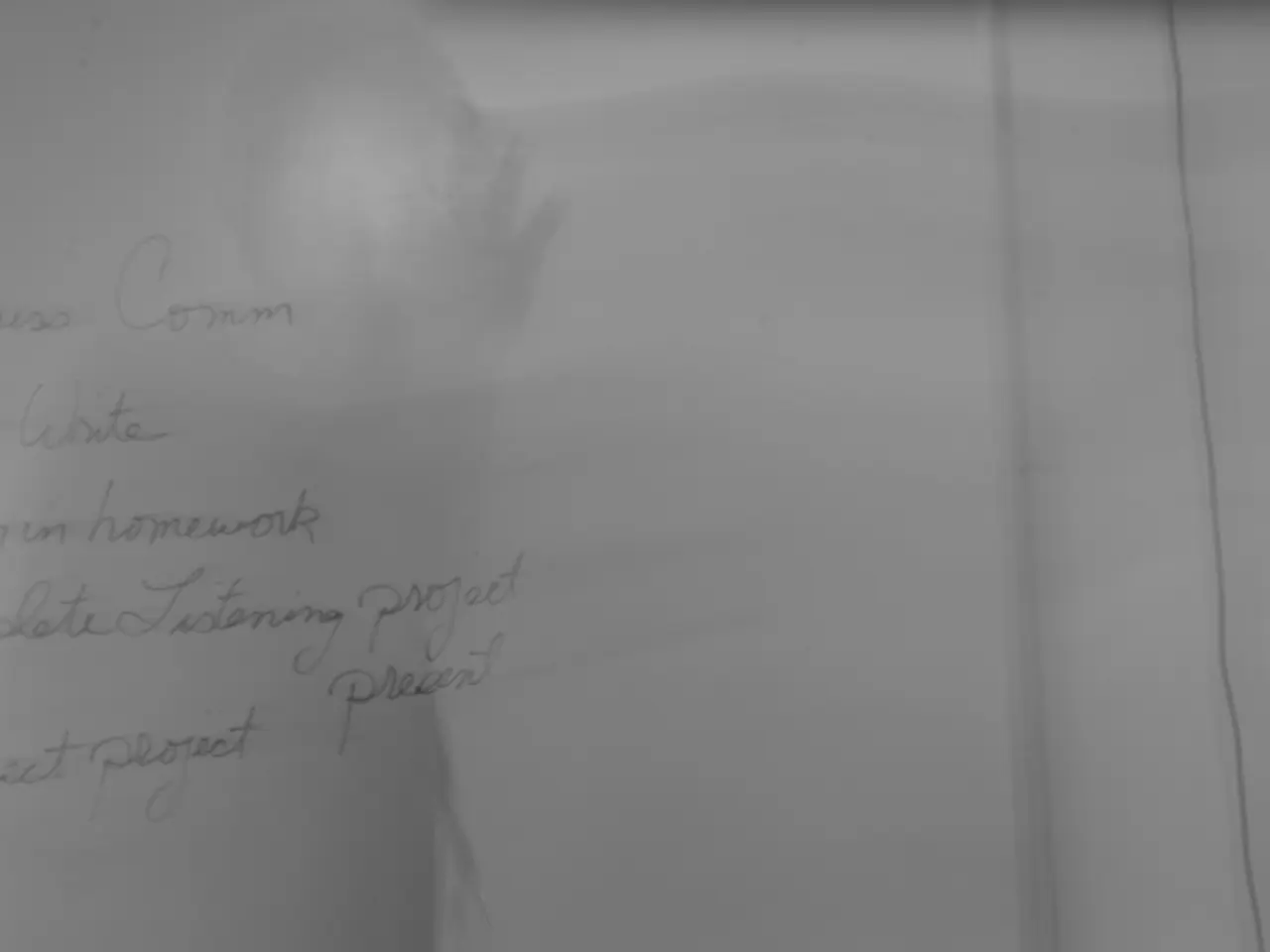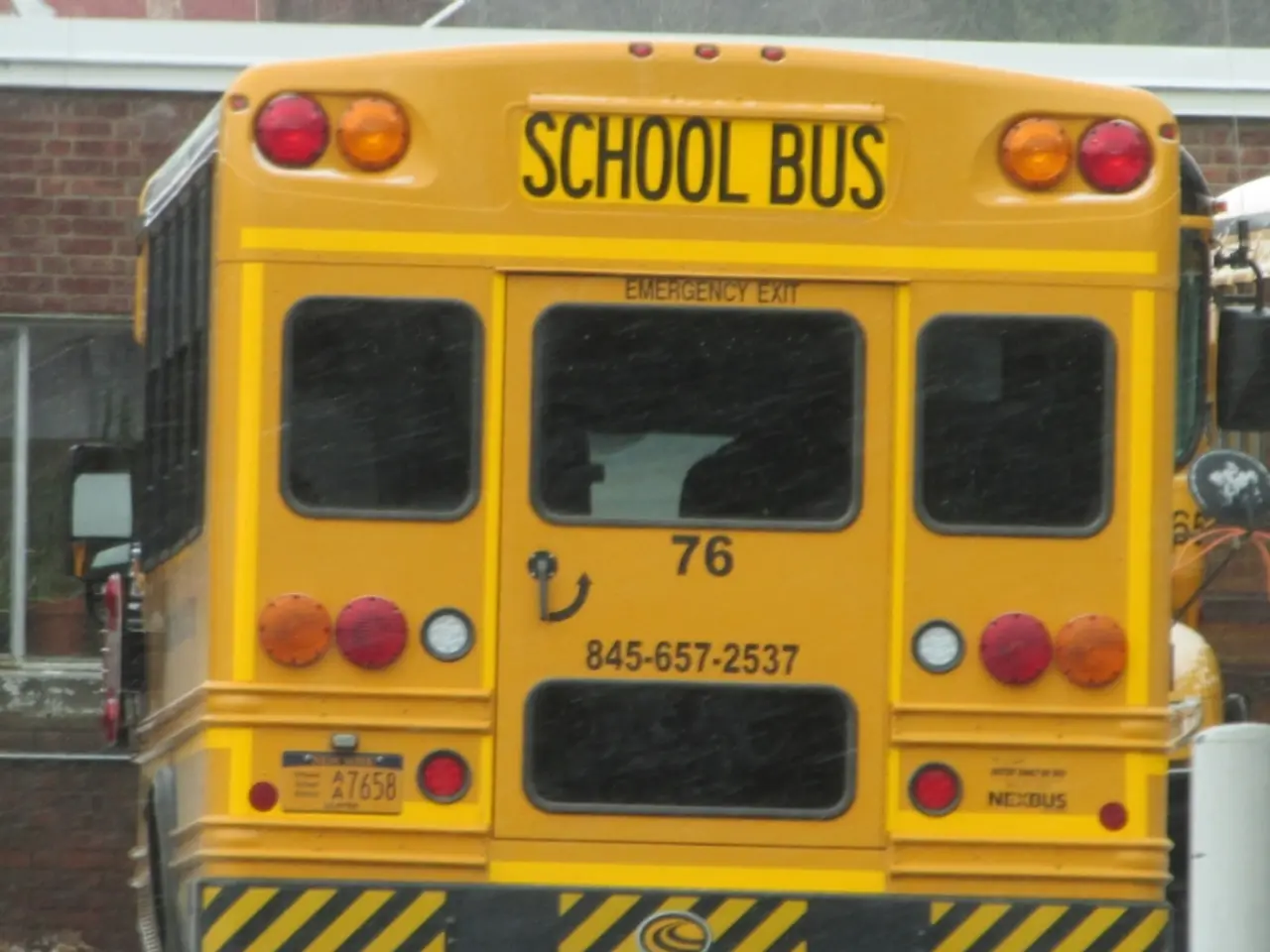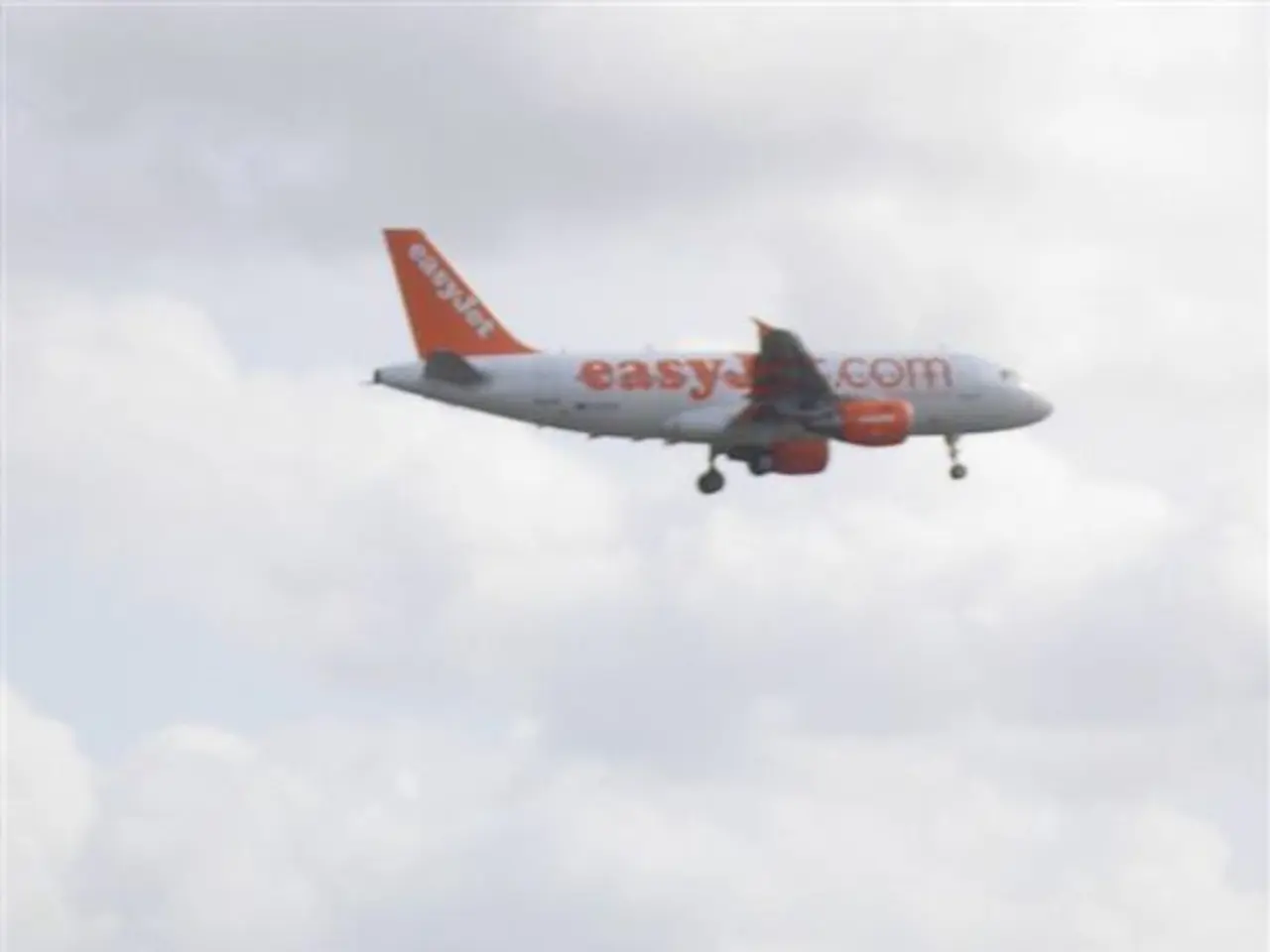Russian assault inflicts harm on at least 15 individuals in attack aimed at critical energy facilities within Ukraine's borders
In the ongoing three-year war between Ukraine and Russia, a significant development has emerged as President Donald Trump sets a deadline for a peace deal ahead of a September 2 deadline. The conflict, marked by the loss of tens of thousands of soldiers and over 12,000 Ukrainian civilians due to Russian barrages, according to the United Nations, has seen a resurgence in violence, with Russia's escalating aerial campaign against civilian areas.
Amidst the escalating tensions, European Commission President Ursula von der Leyen proposed a $116 billion aid package for Ukraine as part of the European Union's long-term budget. The aid, which requires approval from the 27 EU member nations and the European Parliament, is intended to support Ukraine's efforts towards EU membership and help its war-battered economy, not for military support.
Trump, in a move to bolster Ukraine's defense, pledged to deliver more weapons, including Patriot air defense systems. However, unlike earlier aid, the U.S. will not foot the bill for these weapons, with European countries expected to cover the costs. European Union foreign policy chief Kaja Kallas expressed a desire for the U.S. to share the burden of funding the weapons.
The proposed peace deal, however, remains elusive. Russia, led by President Vladimir Putin, continues to demand recognition of all occupied territories as Russian, guarantees that Ukraine never joins NATO, and the lifting of sanctions against Russia. Ukraine, under President Volodymyr Zelenskyy, insists on the full withdrawal of Russian troops, the return of prisoners and kidnapped children, prosecution of Russian war crimes, and security guarantees to prevent future aggression.
Trump's deadline for a peace deal has added pressure to the already fragile and uncertain peace talks. Trump has threatened to impose "very severe" economic penalties against Russia if a ceasefire is not reached within 50 days. This includes a 100% tariff on Russian imports plus secondary tariffs on countries that continue business with Moscow if no deal is achieved. However, detailed plans for these economic sanctions have not been clearly outlined by his administration.
Analysts argue that Trump's ultimatum might harden Putin's stance and restrict necessary diplomatic flexibility, potentially making a near-term peace deal less likely. Furthermore, this strong-arm tactic risks undermining ongoing communication channels between the U.S. and Russia, potentially alienating allies and complicating America's role as a mediator.
Recent attacks targeted energy infrastructure, with Russia launching 400 Shahed and decoy drones, as well as one ballistic missile, bombarding four Ukrainian cities overnight, injuring at least 15 people. The strikes targeted Kharkiv, Kryvyi Rih, Vinnytsia, and Odesa. President Zelensky stated that Russia does not change its strategy.
As the deadline approaches, the international community watches with bated breath, hoping for a peaceful resolution to this protracted conflict. The divided yet hopeful public opinion, with about 64% of Russians supporting peace negotiations and 51% of Ukrainians supporting them, offers a glimmer of hope. However, the lack of genuine interest in an unconditional ceasefire from President Putin as of mid-July 2025 casts a shadow over the prospects for peace.
- The looming deadline for a peace deal, set by President Donald Trump, has intensified the pressure on the already fragile peace talks between Ukraine and Russia.
- The European Commission, headed by Ursula von der Leyen, has proposed a $116 billion aid package for Ukraine to support its economy and aid its efforts towards EU membership, not for military purposes.
- In the midst of the ongoing war-and-conflicts between Ukraine and Russia, the government of California is considering a bill that could lead to financial sanctions against Russia, adding to the economic pressures on Russia.
- As the general-news surrounding the Ukraine-Russia conflict continues to evolve, politicians and economists are debating the impact of war-and-conflicts on global economics, with many arguing that stability in the region is crucial for a healthy global economy.
